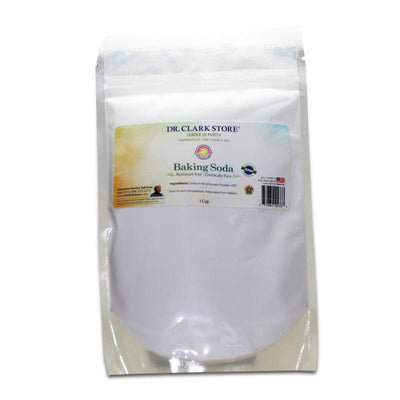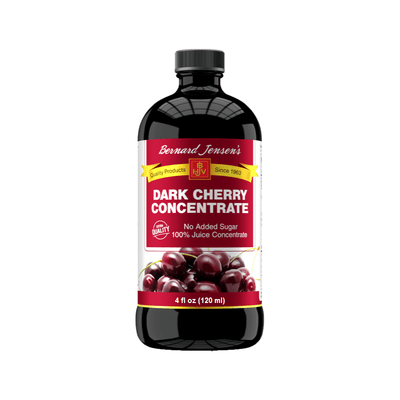Herbal Remedies for Clear Breathing

Take a big breath. Does that lungful of air feel a little cooler? Did you catch a hint of the ubiquitous smells of fall weather? Rain, smoke from a chimney, burning pumpkin flesh?
Blissful, isn’t it? Unless you’ve been hit with some respiratory trouble. The next few months are primetime for allergies and chest congestion. With gusty winds blowing stuff around and colds being passed from person to person, your respiratory system needs to be on high alert.
The lungs are constantly being assaulted by floating irritants such as dust, mold, harmful organisms, and toxins. Make sure your lungs are in peak condition this fall and winter so you don’t find yourself in a respiratory rut.
Herbs and botanicals can offer you the breath of fresh air that you need. Their benefits include:
- Breaking up and expelling chest congestion
- Soothing nasal passages and airways
- Relaxing muscles to ease coughing
- Calming the release of histamines
- Combatting organisms in the respiratory system
Before your reach for the toxin-laden OTC or prescription drugs to ease your respiratory symptoms, go herbal. No side effects and you won’t disrupt the delicate balance of good microflora in the intestines like you would with antibiotics. Here’s a handful of herbs to try:
Eucalyptus
Awe, good old eucalyptus! The classic smell of that famous respiratory rescue salve – Vicks VapoRub. Ditch the petrochemical ingredients and get down to the real stuff. There’s a reason why eucalyptus is a common ingredient in throat and cough concoctions. Eucalyptus’s active compound cineole helps move congestive mucus up and out, and soothes irritated sinus passages. It’s also an immune booster that will help to fight off respiratory infections before they take hold. So use it anytime, not just when you’re feeling under the weather.
A great way to indulge when you’re feeling stuffed up is a good facial steam with a few drops of eucalyptus essential oil mixed into a bowl of hot water. Breathe deeply, but you might want to keep your eyes closed to avoid stinging.
Peppermint
Not just soothing for an upset stomach. The menthol from the whole herb or essential oil helps to relax muscles in the upper respiratory tract and break up congestion to promote unobstructed breathing. Add a few crushed sprigs of the herb or a few drops of oil to a hot bath to let it work its magic. And taking peppermint internally helps to strengthen immunity and fight off harmful organisms. A winner whatever way you use it.
Oregano
Don’t discount the greatness of oregano as simply a nice flavor in your Nonna’s marinara sauce. While it’s great for general immunity, oregano’s active compounds promote free breathing by reducing histamine production (the immune response that causes inflammation) and by acting as a natural decongestant.
Elecampane
So this guy may not enjoy name recognition like the other herbs mentioned, but the ancient healers knew what’s up. Related to the sunflower, elecampane root has been recognized for its respiratory health benefits for centuries. Elecampane relaxes the muscles of the trachea and soothes air passages in the lungs to help suppress coughing.
Lungwort
With a name like that, this herb should be a no-brainer. Aptly named because its leaves look like a diseased lung, lungwort has been used for lung and respiratory health promotion since the 1600s. It aids chest congestion and fights organisms that affect the respiratory tract.
N-Acetyl Cysteine (NAC)
OK, it’s not a botanical like the other items, but a naturally occurring compound nonetheless and definitely worth mentioning. NAC binds to the sulfur in mucus and deteriorates the structure, making it thinner and easier to expel the mucus out the airways. So if your chest and nasal passages are clogged with phlegm associated with cold and flu, NAC can work wonders.
Now that you’ve got a natural arsenal for respiratory health, feel free to breath in the pumpkin spice scented everything for the next few months.



